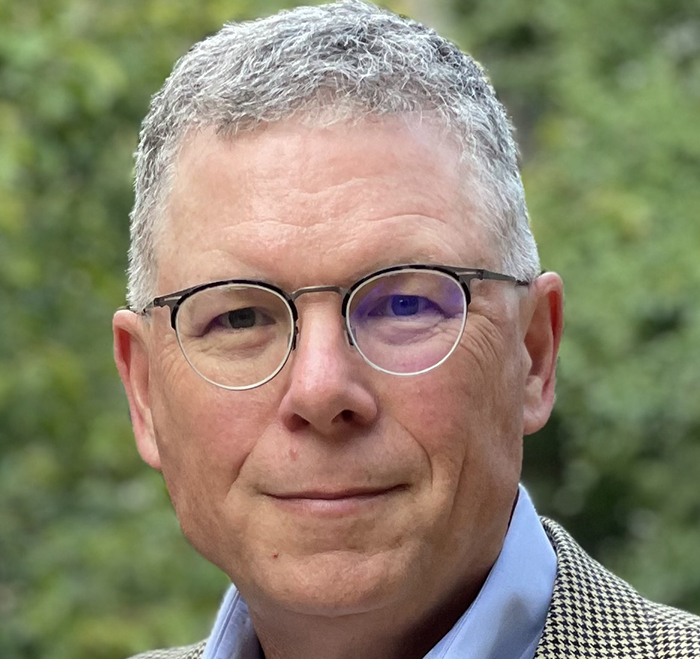Book Talk with Christopher Ullman
1986 grad shares lessons from his ‘wealthy and powerful bosses’

Christopher Ullman ’86 wrote Four Billionaires and a Parking Attendant: Success Strategies of the Wealthy, Powerful, and Just Plain Wise (Amplify Publishing, 2023), a book with lessons he learned from people he worked for at the White House, in Congress and as communications director of the investment firm The Carlyle Group.
Binghamton Magazine: Where did the idea for this book come from?
Ullman: I’ve mentored college students for 25 years, helping them position themselves for success in the workplace. I share anecdotes for how to think and behave from the wealthy and powerful bosses I’ve had in my 35-year career. I’ve gathered up the top 50 lessons from 15 people, including four billionaires, top government officials and corporate executives. I also include a parking attendant who taught me about happiness.
Most [of these] books are by billionaires who tell you how they did it, oademics who interviewed billionaires and tell you how they did it. My book is unique in that I worked hand-in-glove with these people, observed them in action, absorbed their secrets, and am now sharing those ways of thinking and behaving that foster success. Importantly, none of this is rocket science. The key is being humble and having a desire to be your best.
BM: There are so many books with financial advice. What sets yours apart?
CU: Most [of these] books are by billionaires who tell you how they did it, or academics who interviewed billionaires and tell you how they did it. My book is unique in that I worked hand-in-glove with these people, observed them in action, absorbed their secrets, and am now sharing those ways of thinking and behaving that foster success. Importantly, none of this is rocket science. The key is being humble and having a desire to be your best.
BM: Without giving any spoilers, what are the main points you want readers to take away?
CU: This book is about being your best, not being the best. We all have God-given gifts and the key is to develop and harness them to find personal fulfilment and help other people on their journeys. Readers will learn about finding purpose, being grateful, thinking strategically, being humble, building bridges and getting around obstacles.
BM: Which anecdote in the book is most memorable for you?
CU: My favorite lesson is called Confident Joy. I learned it from Adena Friedman, who was Carlyle’s chief financial officer, and is now CEO and chair of Nasdaq. One quarter, Carlyle’s earnings were lackluster. To get senior executives to be a bit happier when talking to Wall Street analysts on the earnings call, Adena tried to get them to wear T-shirts with big happy faces on them. That’s the joy part. When the executives rejected the shirts, she didn’t shrink or crumble. This is the confidence part. She kept her T-shirt on and did the earnings call and never mentioned it again.
BM: How did the billionaires you interacted with seem to view their lives, in terms of overall satisfaction?
CU: David Rubenstein says he doesn’t know many happy rich people and many are tortured souls. One of the most important lessons in the book ― about choosing to be happy ― is from a parking attendant. Saleh Awolreshid is an Ethiopian immigrant. Every day for four years, he parked my car. Despite heat in the summer and cold in the winter, he was happy. That so impressed me. And it was a fascinating contrast with the billionaires and other wealthy people 40 feet above in Carlyle’s beautiful offices. Saleh chose to be happy. He was grateful for what he had: family, a job and being in America. Wow!

